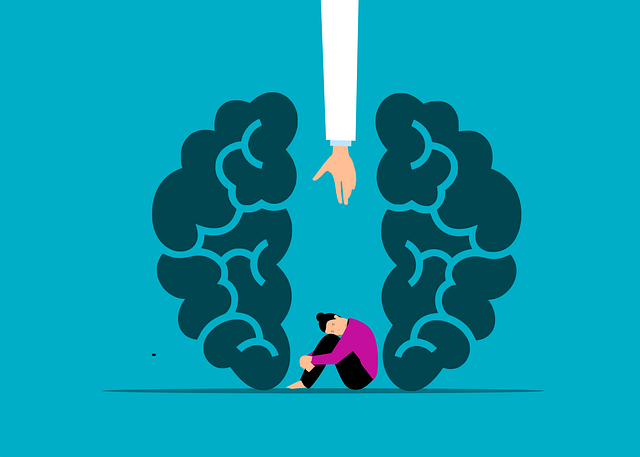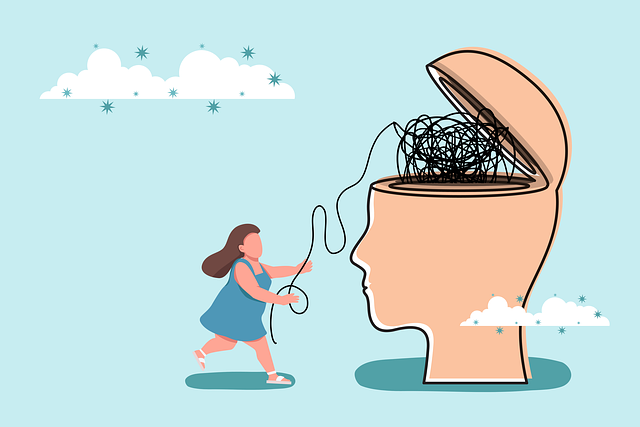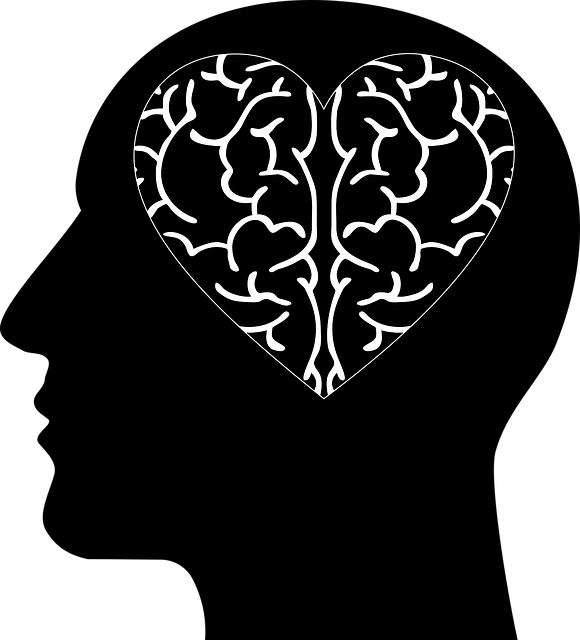The global stigma surrounding mental illness significantly hinders access to care and maintenance of good mental health, manifesting as negative attitudes, stereotypes, and discrimination towards those with psychological distress or disorders. Aurora Gender Identity Therapy tackles this challenge head-on by offering specialized services for individuals navigating their gender identity while managing mental health concerns. Through a holistic, inclusive approach emphasizing empathy, cultural sensitivity, and burnout prevention, Aurora creates safe spaces fostering trust and open communication. They also lead education efforts through workshops, seminars, and online resources to break down complex topics and empower individuals to recognize symptoms. By engaging the community through advocacy events, workshops, and awareness campaigns, Aurora empowers others to challenge misconceptions and build supportive networks.
Mental illness stigma, a global concern, significantly impacts mental health and well-being. This article explores comprehensive strategies to reduce stigma, focusing on the transformative power of understanding and support. We delve into key areas such as gender identity therapy, effective communication techniques, education, and community engagement. Specifically, we highlight Aurora Gender Identity Therapy as a holistic approach, offering practical insights for challenging misconceptions and fostering inclusive communities. By examining these strategies, we aim to inspire meaningful action towards a more compassionate society.
- Understanding Stigma and Its Impact on Mental Health: A Global Issue
- Aurora Gender Identity Therapy: A Holistic Approach to Support
- Breaking Down Barriers: Strategies for Effective Communication
- Education as a Powerful Tool: Challenging Misconceptions
- Community Engagement and Advocacy: Building a Network of Support
Understanding Stigma and Its Impact on Mental Health: A Global Issue

Stigma surrounding mental illness is a pressing global issue that significantly impacts individuals’ ability to seek help and maintain good mental health. It often manifests as negative attitudes, stereotypes, and discrimination towards those experiencing psychological distress or disorders. This societal stigma can lead to social isolation, reduced self-worth, and barriers to accessing quality care, exacerbating the challenges already faced by those with mental health concerns. The effects are profound, especially for marginalized communities, including individuals from diverse gender identities, who may encounter unique barriers and face additional stigma related to their experiences.
Addressing this issue requires a multifaceted approach, as highlighted in various Mental Health Policy Analysis and Advocacy efforts worldwide. These initiatives emphasize the importance of raising awareness, fostering empathy through education, and implementing stress reduction methods to mitigate stigma. By promoting understanding and acceptance, such strategies can create a more supportive environment for those struggling with mental health issues. For instance, Aurora Gender Identity Therapy plays a vital role in this context by offering specialized services tailored to address the unique challenges faced by individuals navigating their gender identity while managing mental health concerns.
Aurora Gender Identity Therapy: A Holistic Approach to Support

Aurora Gender Identity Therapy takes a holistic approach to supporting individuals navigating their gender identity. By incorporating empathy building strategies and cultural sensitivity into their practice, Aurora provides a safe space for clients to express themselves authentically. This inclusive environment fosters trust and encourages open communication, essential elements in effective therapy.
The therapists at Aurora are trained to implement burnout prevention strategies for healthcare providers, ensuring they can offer consistent and compassionate care over the long term. Through this comprehensive approach, Aurora Gender Identity Therapy aims to revolutionize mental healthcare, making it accessible and supportive for everyone, regardless of their gender identity.
Breaking Down Barriers: Strategies for Effective Communication

In the pursuit of stigma reduction for mental illness, effective communication plays a pivotal role. Breaking down barriers involves adopting strategies that foster understanding and empathy. At Aurora Gender Identity Therapy, we believe in the power of open dialogue to dispel myths and create safe spaces. Encouraging honest conversations around mental health leverages positive thinking and promotes a culture where individuals feel comfortable seeking support without fear of judgment.
Implementing self-care practices and cultivating emotional intelligence are integral parts of this process. By teaching individuals how to recognize and manage their emotional states, we empower them to communicate their experiences more effectively. This, in turn, strengthens connections within communities, breaking down the isolation often associated with mental illness stigma.
Education as a Powerful Tool: Challenging Misconceptions

Education plays a pivotal role in dismantling the stigma surrounding mental illness, especially when it comes to challenging deeply rooted misconceptions. Aurora Gender Identity Therapy understands this and has made significant strides in spreading awareness through targeted educational initiatives. By breaking down complex topics into accessible information, they empower individuals to recognize symptoms, encourage open conversations, and dispel myths that often stigmatize those dealing with depression, anxiety, or other mental health challenges.
Through workshops, seminars, and online resources, Aurora Gender Identity Therapy fosters an environment where positive thinking is encouraged as a tool for mental wellness. They aim to educate not just the affected individuals but also their loved ones, fostering empathy and support systems that can greatly aid in depression prevention and anxiety relief. This holistic approach ensures that the community at large becomes more informed and less judgmental, creating a safer space for those seeking help.
Community Engagement and Advocacy: Building a Network of Support

In the fight against mental illness stigma, community engagement and advocacy play a pivotal role in fostering understanding and acceptance. At Aurora Gender Identity Therapy, we understand that reducing stigma requires collective action. By building a network of support, we empower individuals to share their stories, challenge misconceptions, and advocate for better mental health services. This involves organizing community events, workshops, and awareness campaigns that encourage open dialogue and educate the public about various aspects of mental health, including self-care practices and self-esteem improvement.
We believe that a supportive community can significantly impact an individual’s recovery journey. Through advocacy efforts, we connect people with like-minded individuals who offer empathy, encouragement, and practical guidance. Our goal is to create a safe space where everyone feels empowered to seek help without fear of judgment or discrimination. Additionally, we work closely with local organizations and mental health professionals to conduct risk assessments, ensuring that our services are inclusive and tailored to diverse needs while prioritizing client confidentiality.
Mental illness stigma reduction is a global effort that requires multifaceted approaches. From understanding the impact of stigma to implementing holistic therapies like Aurora Gender Identity Therapy, each strategy plays a crucial role in fostering acceptance. Effective communication strategies and education are powerful tools for challenging misconceptions while community engagement builds supportive networks. By integrating these efforts, we can create a more inclusive society where individuals facing mental health challenges feel supported and empowered.














